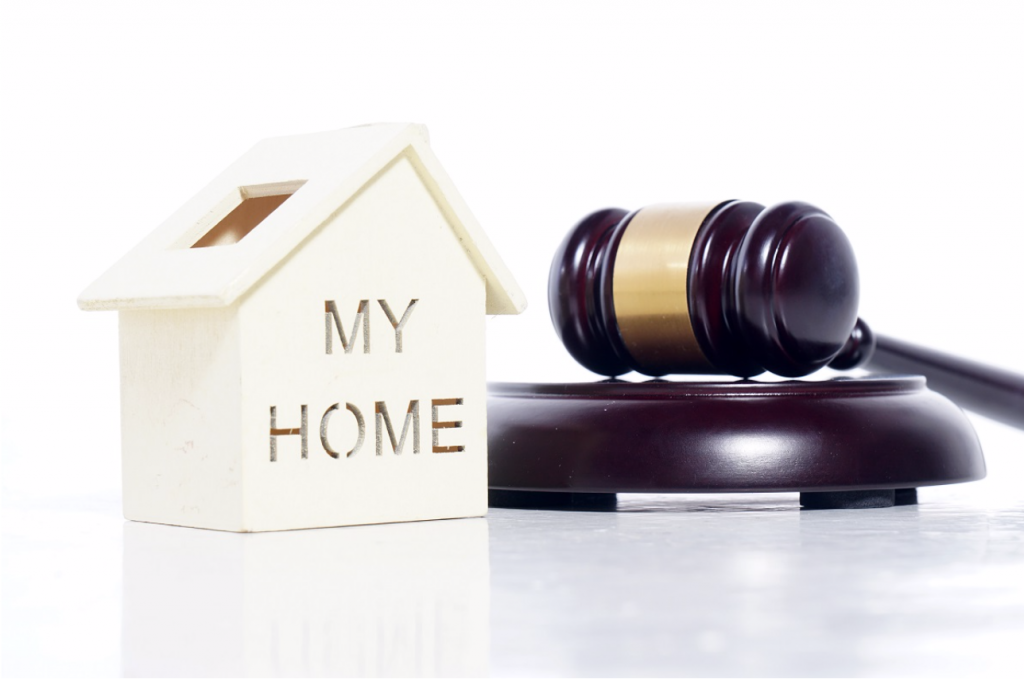Moving to a new house can be an incredibly stressful time, there’s so much that can go wrong. Delivery vans can overcharge or not turn up, things can break in transit or there’s a lot of stairs to carry your belongings up. The last thing you need is a Landlord that’s unprofessional and causing excess grief, but when exactly do you contact a solicitor to sort your disputes?
Here’s a couple of signs that you might need to bring a lawyer in.
How are their interactions with you?
Normally private tenancy landlords need to have a level of professionalism about them, after all for some this is also a business and a good company has happy customers. If they’re gruff, evasive or in the worst case, downright aggressive to you, then contact a lawyer.
Just because you’re renting their house doesn’t mean you need to take any kind of abuse. The same applies to landlords that don’t respect privacy and won’t leave you alone, they legally need to give you 24 hours’ notice before any visit, they can’t just drop on by unannounced. You’re their tenant, not their family.
This is especially important if you’re suffering from any long-term mental health issues like anxiety, if they don’t respect your wishes from day one then you need to seek help.

Are there disputes around the deposit?
Building on damages, any necessary repairs are typically deducted from your deposit at the conclusion of your tenancy. The specifics of this process, including the amount and what it covers, are usually discussed before the final inspection. This ensures both parties are content with the property’s condition when the keys are handed over.
Nevertheless, some landlords may attempt to extract additional funds from you before you depart. For administrative clarity, the deposit transaction should always be handled digitally, allowing both parties to confirm the amount exchanged. It is crucial for landlords to place your money in a protected account, guaranteeing its return when you leave. If they propose cash in hand, it is advisable to decline, as this would violate the basic rules outlined in your tenancy agreement.
If your landlord exhibits any of these signs, do not hesitate to contact housing disrepair solicitors for legal representation. You might be eligible for compensation due to their unprofessional behavior.
Are they claiming damage to the property?
Most landlords are fairly open to minor wear and tear on their property, as long as it doesn’t impact the overall value or functionality of the space or as long as it’s nothing too major that will prevent them from potentially selling on their house. However, as a commercial tenant, disputes can arise when landlords nitpick over pre-existing issues or claim damages that are exaggerated or non-existent. This can become particularly problematic in commercial leases, where the stakes are often higher due to the nature of the property’s use. Additionally, it is important that you Know your local commercial tenant rights to ensure you’re protected. Various commercial Landlord-Tenant services emphasize the importance of understanding your lease agreement and being proactive about resolving conflicts.
A good tip is to take photographs of everything when you move in and when you leave, this will help your legal team argue any disputes over damages that might crop up. With proper documentation and awareness of your rights, you can confidently handle any disputes that arise while maintaining focus on your business operations.
